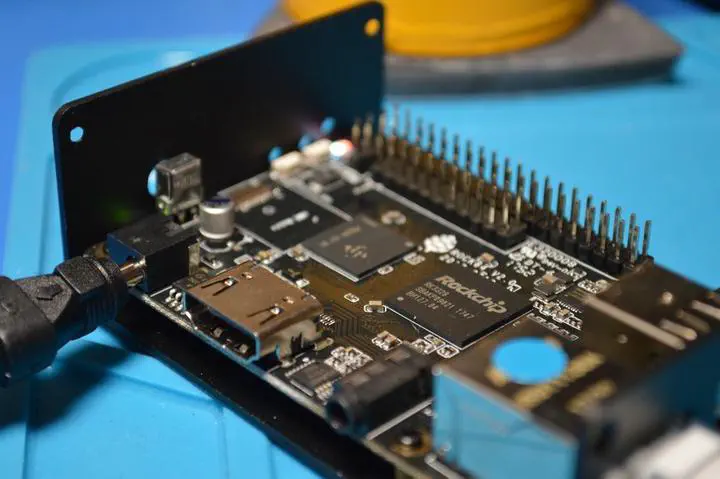Empowering Embedded Robotics and AI with Yocto: An Intro Guide for Tech Startups

Yocto is an excellent choice for startups developing custom operating systems for their embedded systems. It provides a lightweight, efficient, and flexible operating system that can be customized to meet specific project requirements.
Lightweight and Efficient Operating System
Yocto uses a “build from source” approach, allowing developers to include only the necessary components for their project, resulting in a smaller, streamlined, and more efficient operating system. This is especially critical for embedded systems with limited processing power and storage.
Flexibility and Customization
Yocto allows for high levels of flexibility and customization by enabling developers to create a custom operating system tailored to the specific requirements of their hardware. This is particularly important for robotics and AI projects, where developers can include only the required libraries and tools necessary for their project.
Secure
Yocto is a more secure option for embedded applications compared to alternatives because of its focus on building from source and allows developers to include only the necessary components and libraries for their project. This approach results in a smaller software surface area, reducing the number of potential vulnerabilities that attackers could exploit.
Additionally, Yocto’s ability to tailor the operating system to specific hardware requirements ensures that no extraneous dependencies or software components could pose a security risk. As a result, using Yocto for embedded systems can enhance the system’s security posture, providing a more reliable and secure solution for critical applications.
Yocto vs. Ubuntu Core
While Ubuntu Core offers a similar solution to Yocto, there are some key differences that startups should consider when selecting an operating system for their embedded systems. Yocto provides:
- A more lightweight and efficient operating system.
- Allowing developers to build from source and include only the necessary components for their project.
- Resulting in a smaller software surface area.
In contrast, Ubuntu Core includes a broader set of features, resulting in a more extensive operating system that may not be as efficient for embedded systems. Moreover, startups may consider owning their platform rather than being tied to a specific vendor like Ubuntu. By owning their platform, startups have more control over the customization and security of their embedded systems, which can be critical for achieving a competitive advantage in the marketplace.
Tips for Tech Startups
When using Yocto in tech startups, it’s essential to understand the project requirements and plan the operating system accordingly. Identifying the components and libraries needed for the project will help ensure the operating system is as efficient as possible. Understanding Yocto’s build system and utilizing its extensive documentation and community resources is crucial.
Yocto is an excellent choice for startups and tech executives looking to develop custom operating systems for their embedded systems. By following the tips and examples in this blog post, tech startups can use Yocto to empower their embedded robotics and AI projects and optimize performance.